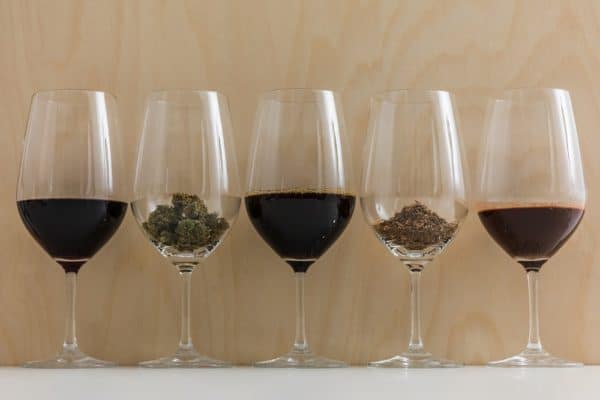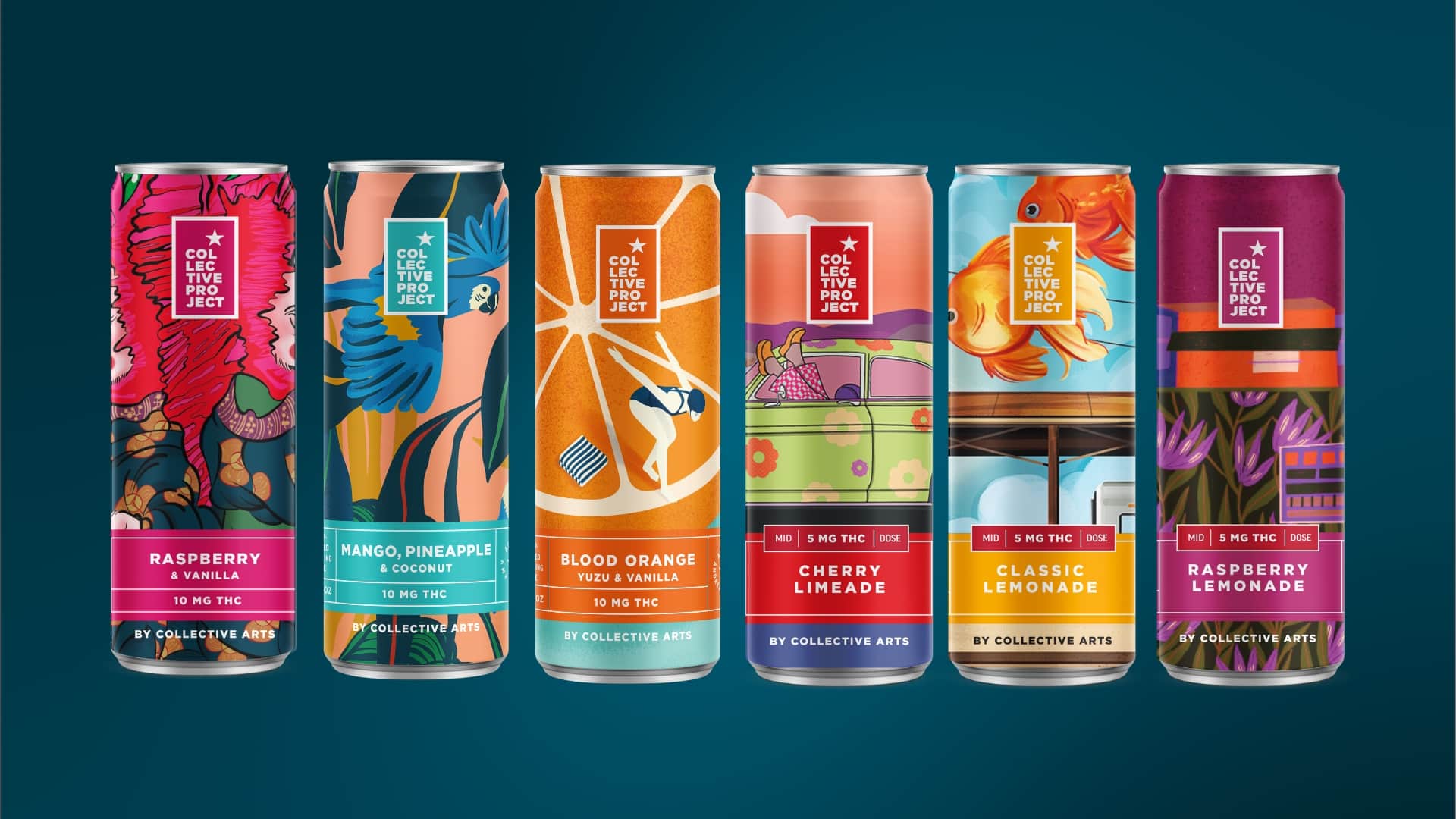
 With Canada’s federal government set to roll out its marijuana legislation, set to get the party started by July 1, 2018, all eyes are on the marijuana industry, its producers, distributors and sellers and how the new laws is about to change the business landscape in Canada.
With Canada’s federal government set to roll out its marijuana legislation, set to get the party started by July 1, 2018, all eyes are on the marijuana industry, its producers, distributors and sellers and how the new laws is about to change the business landscape in Canada.
But somewhat passed over in the discussion is the current recreational pot smoker whose habit, although it may not be altered too much by legalization, will likely come to be viewed in a new light by fellow citizens and society in general. On that front, it may take time, says sociologist University of Alberta sociologist Geraint Osborne, but the long-held view of the typical marijuana smoker as the doped up social drop-out will definitely change, effectively putting marijuana consumption in the same vein as alcohol consumption.
“Once non-users start saying, ‘We don’t have a problem with this,’ then boom, the shift happens,” says Osborne, in a University of Alberta press release. “And I think people recognize prohibition is just not working, that harm reduction is probably the better route.”
In his research, Osborne has focused on cultural perceptions of marijuana, especially in relation to the well-known deviance framework which he says doesn’t really fit the reality for a large proportion of pot smokers. Osborne’s 2008 study looked at 41 men and women from across Canada whose use of marijuana ranged from daily to once or twice a year. Importantly, the interview subjects were predominantly middle-class, with 68 per cent of them holding post-secondary degrees. The study found that the participants saw their drug use as moderate and responsible, occurring only in appropriate social settings and not causing harm to others — altogether an image of the pot smoker unlike the one portrayed in so-called stoner films and media over the past century.
“There isn’t a typical user,” he said. “People are using in a wide range of social contexts for different reasons. Some are tuning in, some zoning out. Some are using to enhance creativity or their sex lives, some for relaxation and to help them sleep. Some like how it enhances their experience of nature, and some use it after sporting events as a way to recover.”
A 2016 study saw Osborne and colleagues interviewing undergraduate students about their views on marijuana use and found that while the cultural assumptions about pot smoking as deviant behaviour still remained, yet students were accommodating of cannabis use if and when it was done with discretion and the respect of non-users in mind.
The trend towards further normalizing of marijuana use will certainly be boosted by its legalization next year, says Osbourne. Ultimately, cultural accommodation will mean that cannabis consumption will become on par with alcohol consumption: a behaviour that normal people do all the time yet which has established social conventions for acceptable and appropriate use. “Some people are worried there will be a dramatic upswing in use, but generally what we’re seeing in other jurisdictions is that doesn’t happen,” says Osborne. “There might be an initial bump in the numbers out of curiosity, but the drug is pretty accessible now.”
Leave a Reply
You must be logged in to post a comment.




 Share
Share Tweet
Tweet Share
Share




Comment